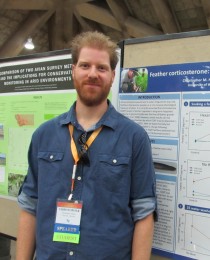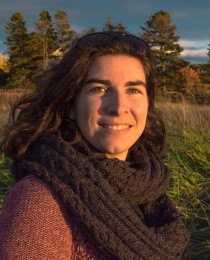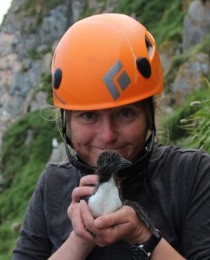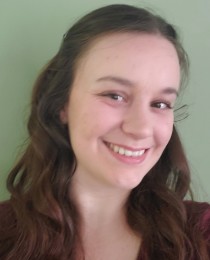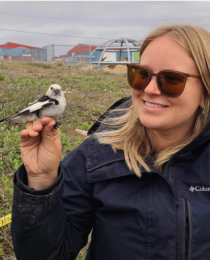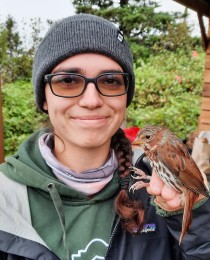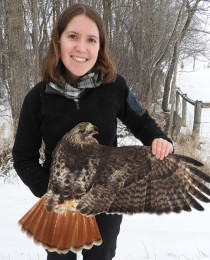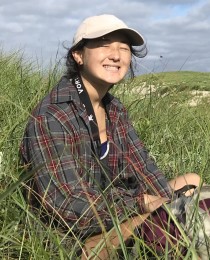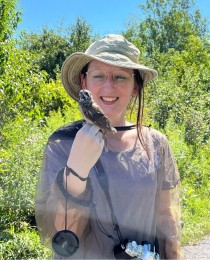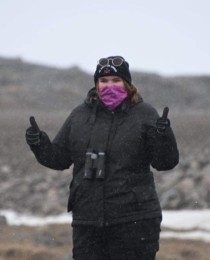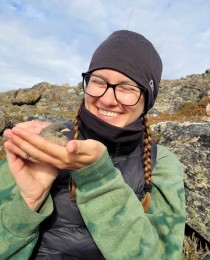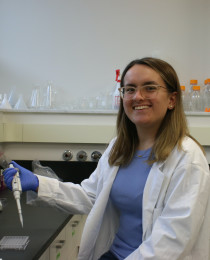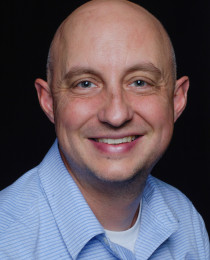
Dr. Oliver P. Love
Associate Professor, Canada Research Chair
olove@uwindsor.ca
Research in our lab examines the physiological mechanisms driving life-history trade-offs and variation in fitness in both terrestrial and aquatic vertebrates spanning from temperate to Arctic ecosystems. We seek to solve applied issues in species of conservation concern using mechanisms that link environmental change with performance and fitness. Our work is supported by a number of research awards (NSERC Discovery, Northern Supplement, Canada Foundation for Innovation) as well as a recent Canada Research Chair in Integrative Ecology. Dr. Love received his BSc from Concordia University, his MSc from McGill, and his PhD from Simon Fraser University. His NSERC-funded post-doc at the Université du Québec à Rimouski involved work in the Eastern Canadian Arctic and he joined the Biology Department at the University of Windsor in 2009. Dr. Love has also been a hybrid member of the Great Lakes Institute for Environmental Research (GLIER) since 2014.







